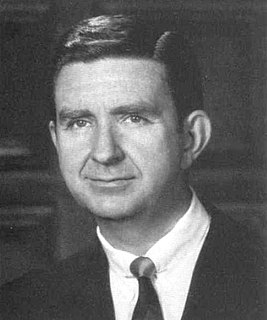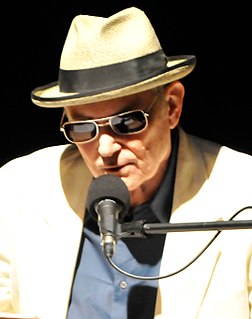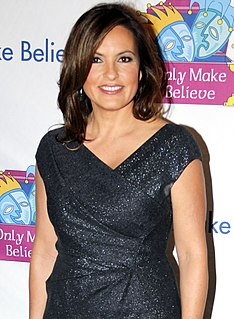A Quote by David Elkind
If learning to read was as easy as learning to talk, as some writers claim, many more children would learn to read on their own. The fact that they do not, despite their being surrounded by print, suggests that learning to read is not a spontaneous or simple skill.
Related Quotes
Experts generally agree that taking all opportunities to read books and other material aloud to children is the best preparation for their learning to read. The pleasures of being read to are far more likely to strengthen a child's desire to learn to read than are repetitions of sounds, alphabet drills, and deciphering uninteresting words.
As you consider whether to move a child into formal academic training, remember that we want our children to do more than just learn how to read and write; we want them to learn in such a way that they become lifelong readers and writers. If we push our children to start learning these skills too far ahead of their own spontaneous interest and their capacity, we may sacrifice the long-range goal of having them enjoy such pursuits.
Life consists in learning to live on one's own, spontaneous, freewheeling: to do this one must recognize what is one's own-be familiar and at home with oneself. This means basically learning who one is, and learning what one has to offer to the contemporary world, and then learning how to make that offering valid.
Learning is not automatic. You do not automatically know how to read because you turn five. Most of us are sensitive to the fact that we still have something to learn at every step of the way. Learning is not automatic. It comes with seeking and searching, with reading and watching, with thinking, praying, and listening.
The founding American generations did something that almost no others have ever done. They read the fine print! They taught their children to read bills, laws, court cases, legislative debates, executive decrees, and bureaucratic policies. They read them in schoolrooms and at home....They said they would consider their children uneducated if they didn't read such things.
When I went to the University of Iowa in order to be a writer, I thought, This is the worst way to learn how to write. To sit in a room with a bunch of would-be writers, who want to write the Great American Novel, every one of them, and you read their stories and they read yours, and you're not living a life. I don't like that. I like learning on the job. The character of my work has definitely evolved from the character of my life.
Yes. I did more research than I ever wanted to and saw some things I wish I didn't. I went on ride-alongs, spent time with Homicide, Cold Case, and SVU detectives, hung out in subways learning how to spot pervs and pick-pockets, viewed an autopsy, went to a police firing range, and witnessed court cases and I read, read, read.
When you learn to read and write, it opens up opportunities for you to learn so many other things. When you learn to read, you can then read to learn. And it's the same thing with coding. If you learn to code, you can code to learn. Now some of the things you can learn are sort of obvious. You learn more about how computers work.





































